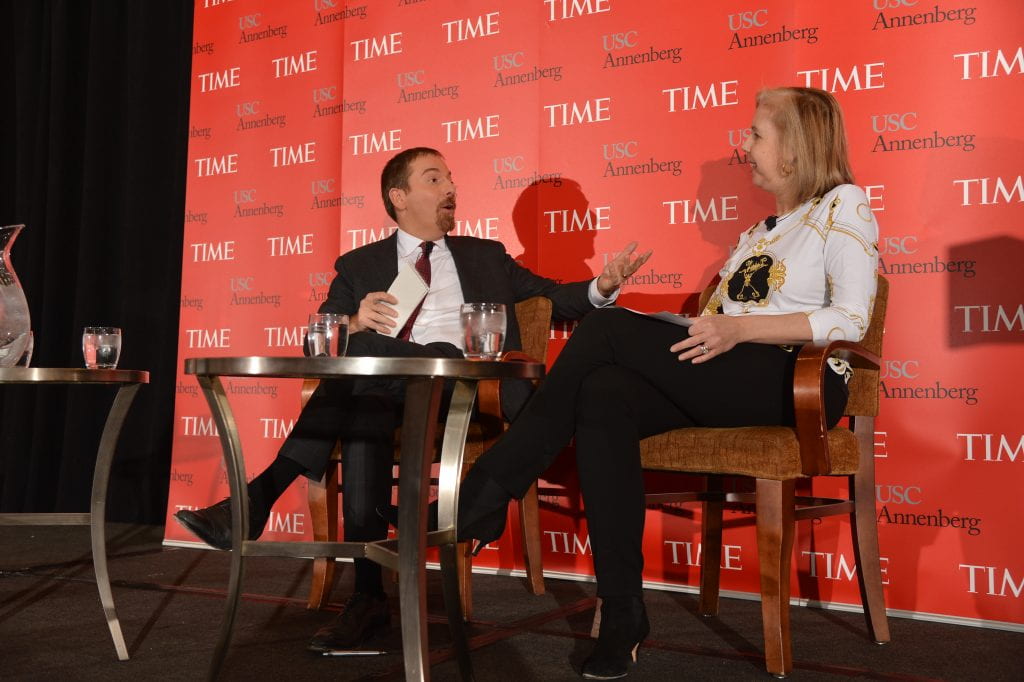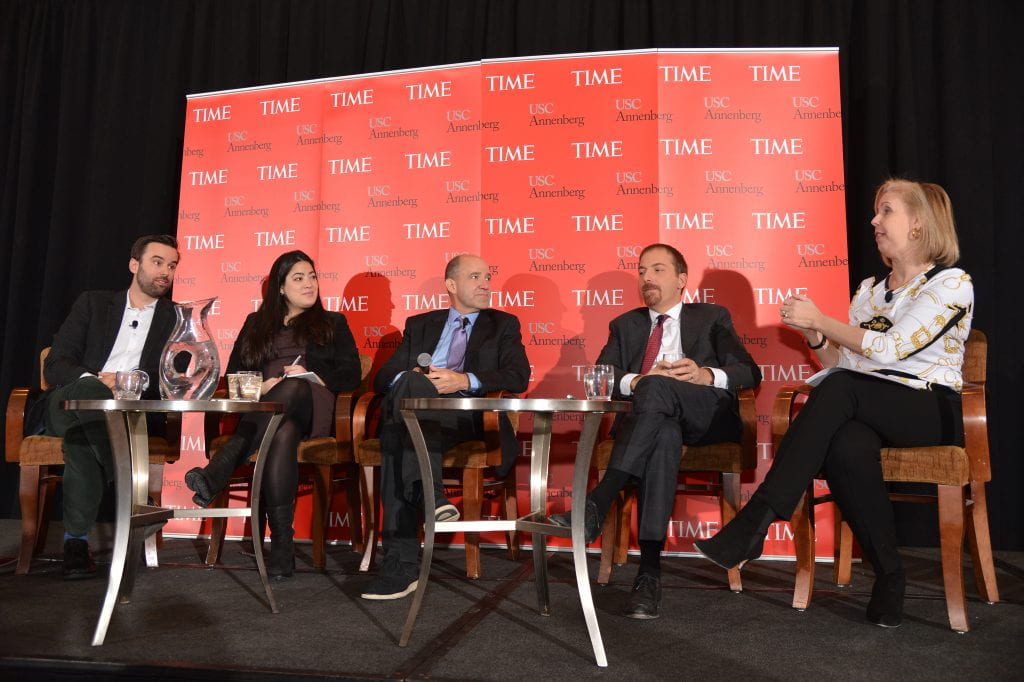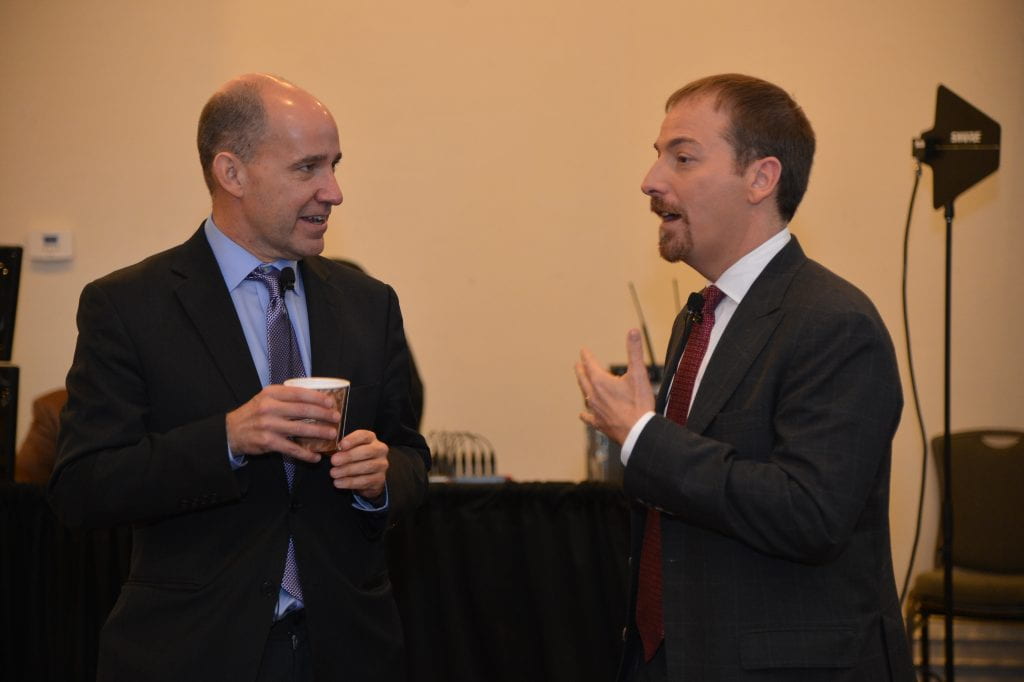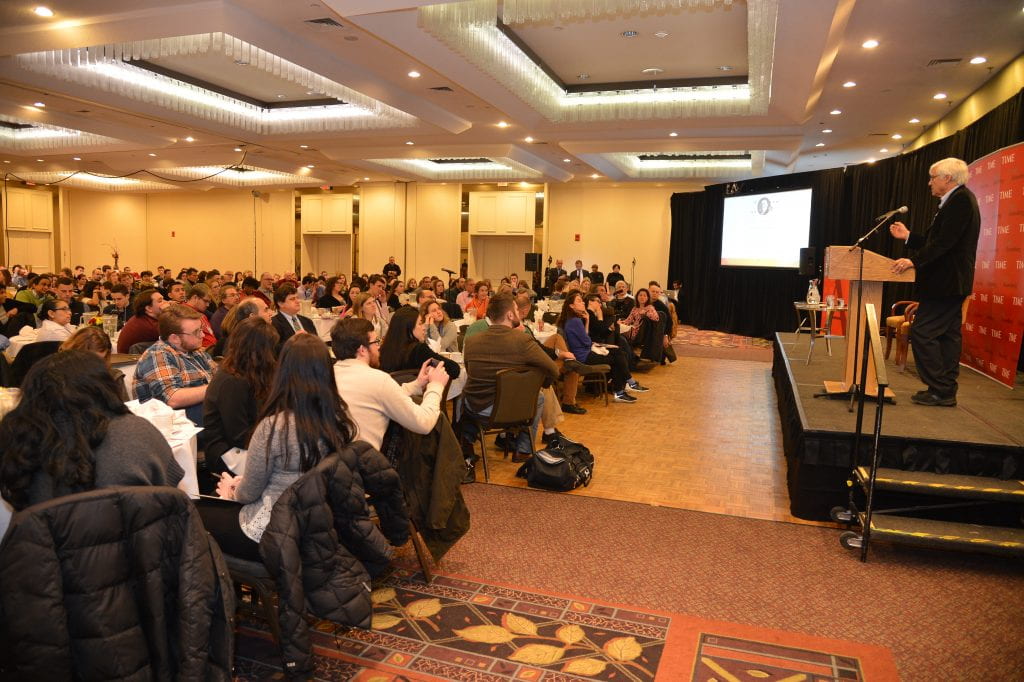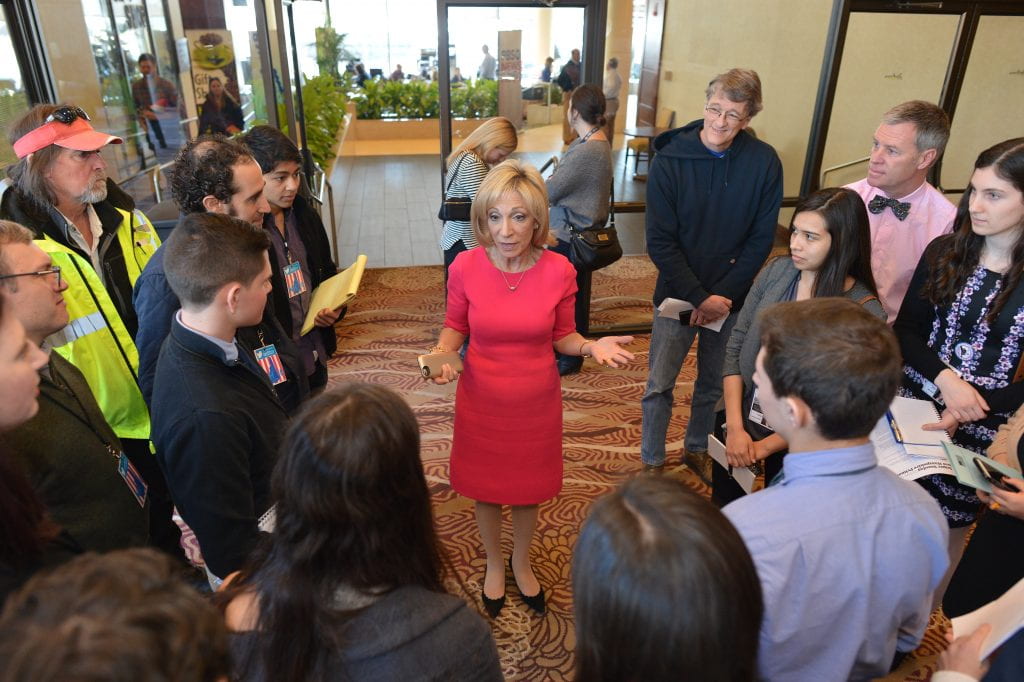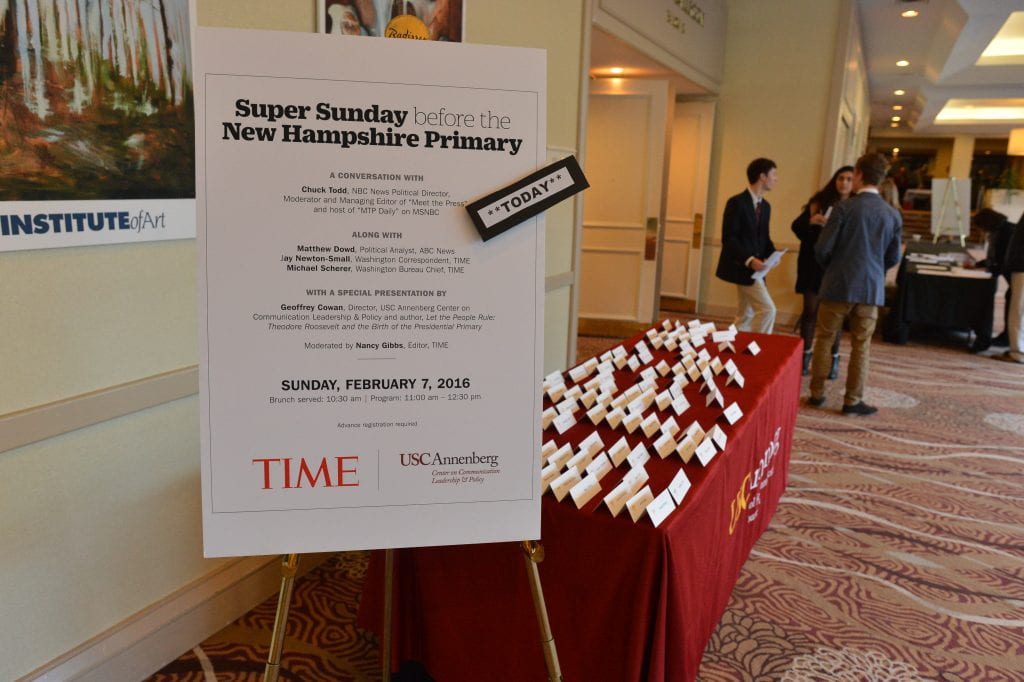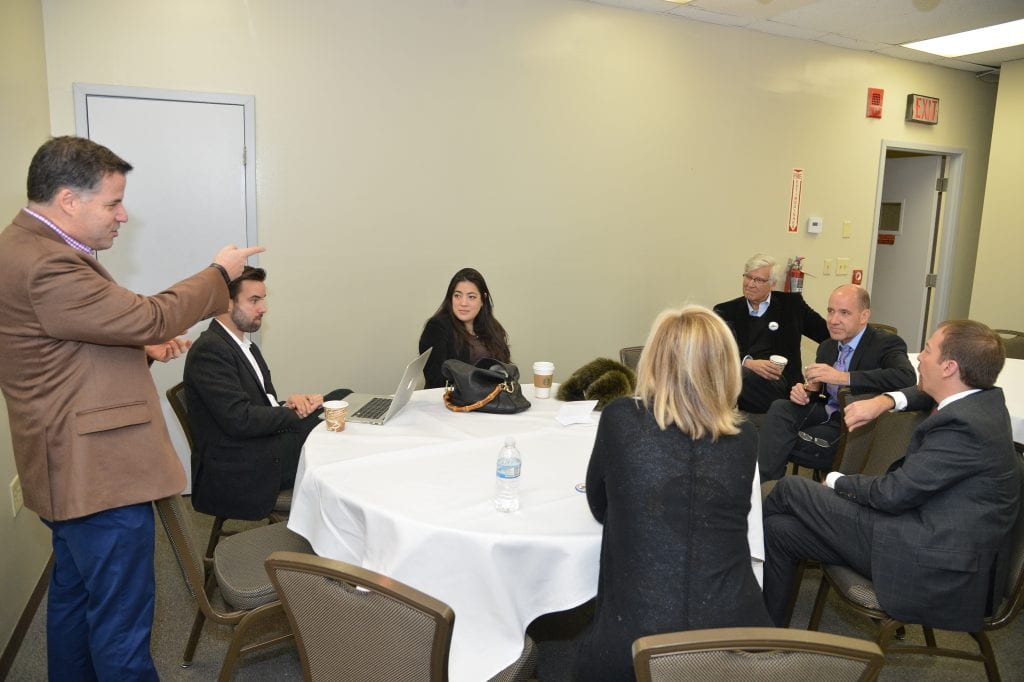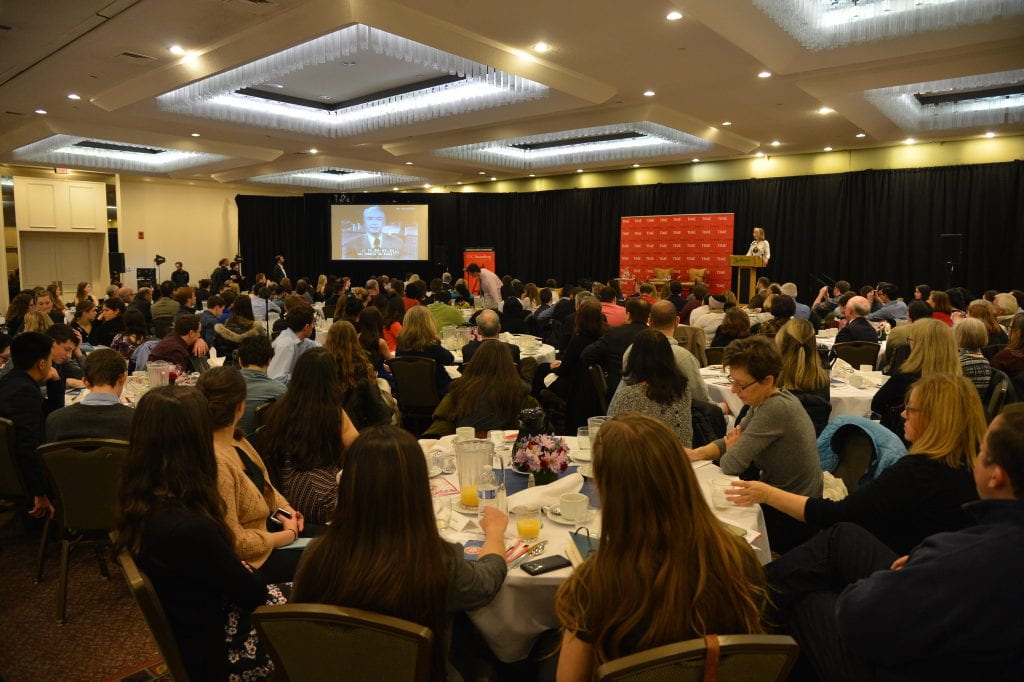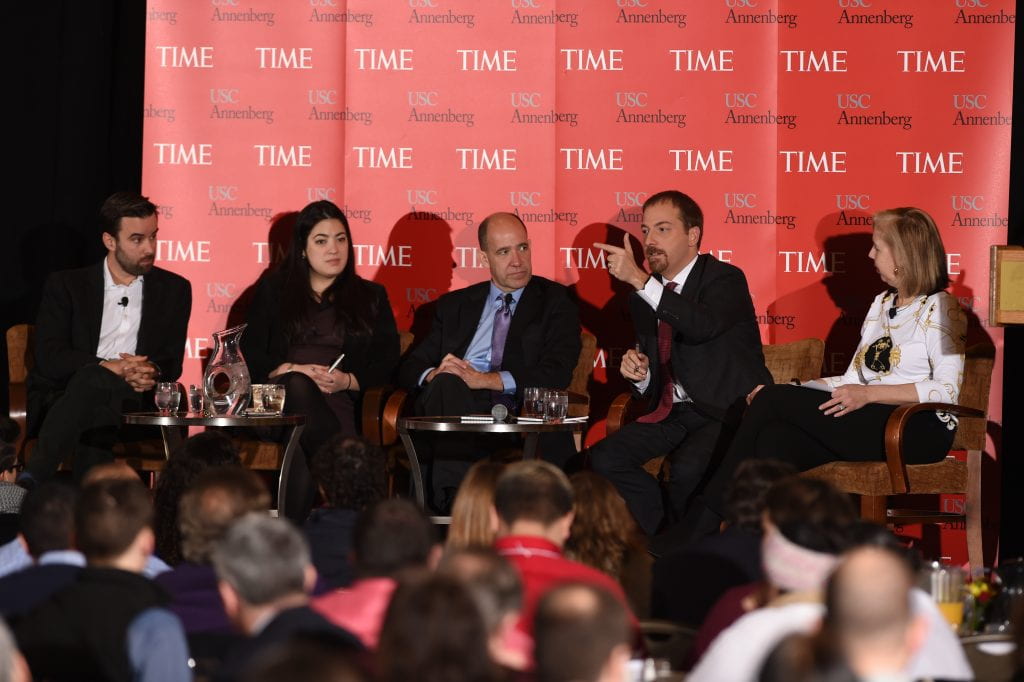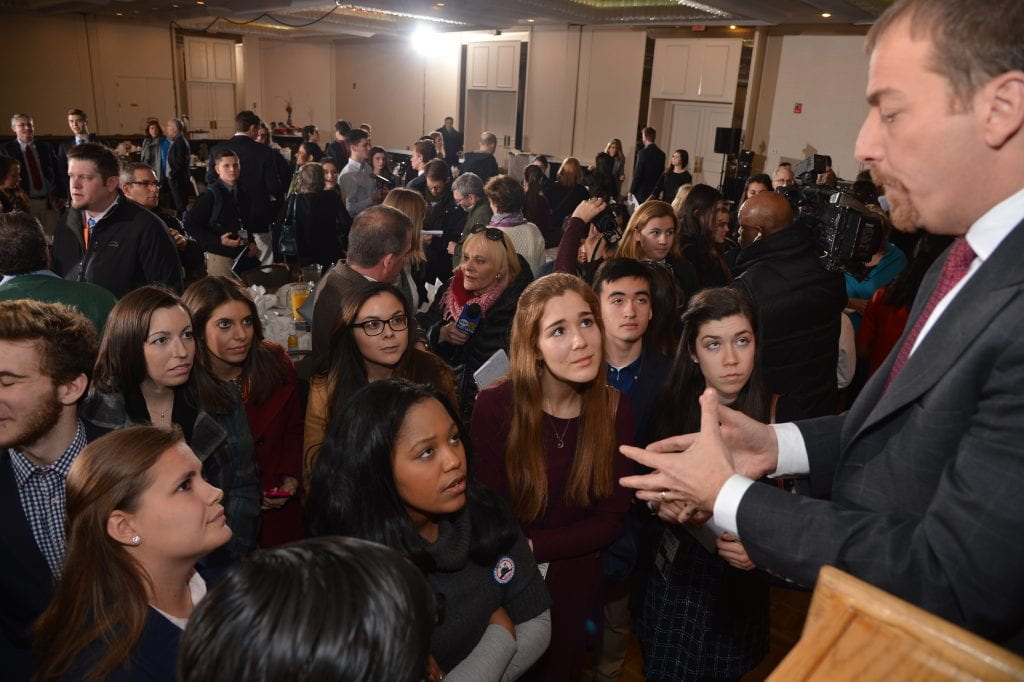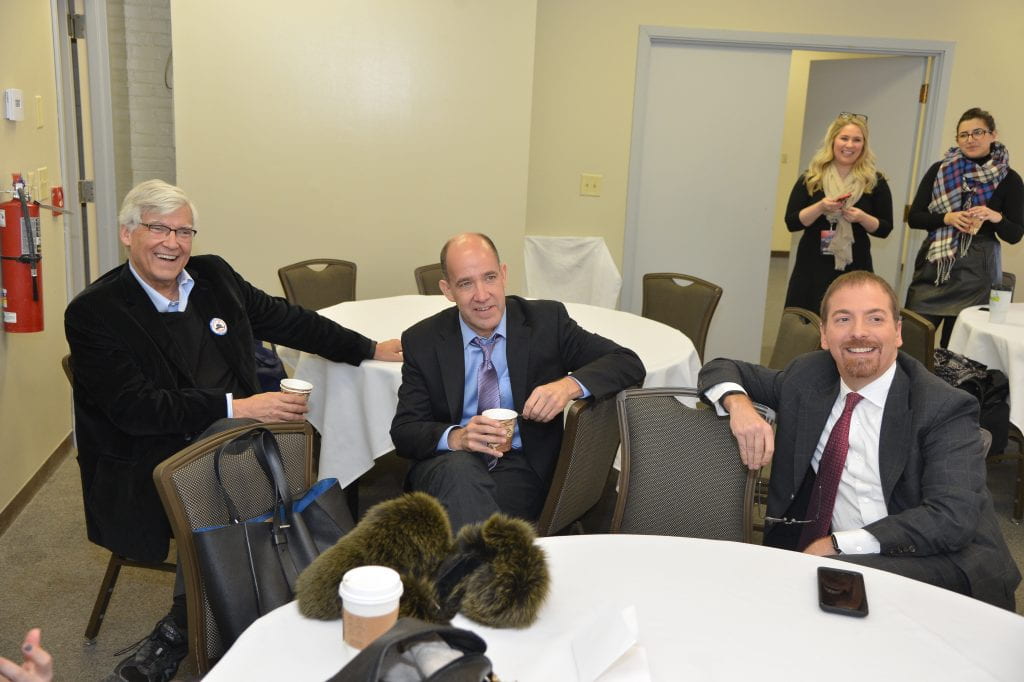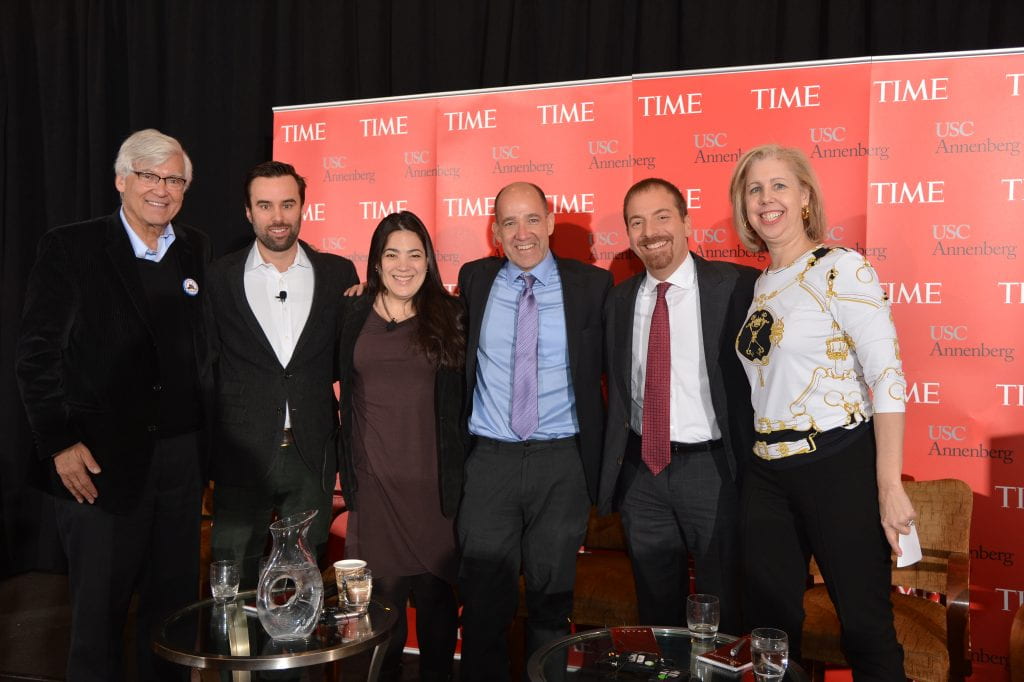'New roots'
Pasadena resident Dr. Terrence Roberts recounts his experience as one of the Little Rock Nine in 1957
By Justin Chapman, Pasadena Weekly, 2/11/2016
In 1957, three years after the Supreme Court declared segregated schools unconstitutional, nine African-American students were enrolled in previously white-only Little Rock Central High School. One of those nine students was Dr. Terrence Roberts, now a management consultant and author who has lived in Pasadena for 30 years.
The students were initially prevented from entering the school by hordes of angry, racist protesters and the Arkansas National Guard, which was deployed by Gov. Orval Faubus. President Dwight Eisenhower had to call in federal troops to escort the Little Rock Nine into the school.
Roberts completed his junior year at Little Rock Central, then moved to Los Angeles where he graduated from high school and received a bachelor’s degree in sociology from Cal State LA and a master’s in social welfare from UCLA; he then earned a Ph.D. in psychology from Southern Illinois University, Carbondale. He has been a member of the Pacific Union College faculty, the director of mental health at St. Helena Hospital and Health Center and assistant dean in the UCLA School of Social Welfare. He also served as core faculty and co-chair of the Master of Arts in Psychology program at Antioch University Los Angeles.
He founded his own management-consulting firm, Terrence Roberts Consulting, as well as an organization with his wife Rita called Roberts & Roberts LLC, which is dedicated to helping foster racial dialogues in communities, schools, churches and businesses.
Roberts has written two books: a memoir about his experience in 1957 called “Lessons From Little Rock,” and reflections on community social responsibility and welfare called “Simple Not Easy.”
He has received numerous awards, including the Congressional Gold Medal presented by President Bill Clinton, and serves on several organizational boards, including the Western Justice Center Foundation and the Little Rock Nine Foundation.
Roberts, who is a member of the city’s Northwest Commission, recently spoke with Pasadena Weekly about his life and times.
Pasadena Weekly: What was your experience like as one of the Little Rock Nine?
Dr. Terrence Roberts: It was scary, to be sure. No question about it. We were living in a society at that time where the rules were all skewed against people of color. That was a shock to me. As a very young person, of course, I didn’t understand it. But then I grew, and when I became a teenager I began to really understand what was going on. There was nothing about it that made any sense, though. So when the Supreme Court decided in 1954 to change the law, that was exciting, because the court said, “It will no longer be constitutional to discriminate,” and that led to the school board in Little Rock deciding to open the schools. Central High School, where I went, was my neighborhood school, so it simply made sense for me to enroll there. I expected there to be opposition, but not for it to be so fierce. But they turned out in droves and they were pretty much of one mind that they didn’t want this change. And that was scary, because they were basically saying, “You have to leave, and if you stay we will kill you.” They made that very clear.
Were there any white people who were supportive of the Little Rock Nine attending Central High?
Absolutely. The difficulty in this country is that a lot of people try to color-code everything. There were always people of all racial groups who were like-minded on some things, but not every single white person in Little Rock wanted to kill me. But by the same token, not every single black person was all that happy about what we were doing, either. So you can’t color-code everything. A lot of people talk about things as being black or white. But in reality, it’s just a matter of choice. So yeah, there were white people in Little Rock who were pretty anxious to have things move along and get to the point where we could share in the benefits of being in a society. Unfortunately, that is not a popular notion even today.
What was it like the rest of the school year when you actually got into the school and started attending classes on a regular basis? Were you ever physically attacked?
We were mentally and physically attacked by other students in school on a daily basis. That’s something many people don’t realize. Somebody asked me recently, “How long did it take for people to settle down and begin to accept you?” I almost laughed in response because the question was so optimistic. But I understood, because under more rational circumstances you would think that people would get it out of their system and then get on with life. Not these folks. They were so wedded to the notion of segregation and discriminatory practices that they were unwilling to give that up. They fought to the end. They’re still fighting.
Did you know at the time that this was going to become such a well-known incident and a turning point in the country’s race relations, or did it seem like one incident among many?
At the time, the latter. I think it seemed like one in a long line of events historically. But it’s interesting, and it’s been surprising, too, over the years, to find out how much the story of Little Rock compels the attention of people, and I think it’s because of all the varying elements of the story. One of the key elements was the old federal government versus states’ rights mentality. The governor of Arkansas was a states’ rights person. It also involved children. Another element was that we were attempting to do something in a community that didn’t have local support, and though that may sound mundane, that is so very important. With any kind of change in an environment, if you don’t have buy-in by community members, change is pretty destined to fail.
How did your website TalkingAboutRace.com come about?
My wife and I have for a long time been concerned about people who live in this country not acknowledging the fact that race is pretty much a part of our lives every day. And yet the strange thing about that is, people don’t really know what race is. So we thought we should have some conversations to get people talking about 1) what race is all about, and 2) in what ways has it historically and traditionally interrupted our ability to be fully human. And then if we can get those conversations started, perhaps we then might be able to move into action for change. That’s pretty much the genesis of the idea. We started it in August 2015, so it’s a very new project.
Has America made progress in terms of race relations during the course of your life, or do you still see too much hate in our society?
I don’t think it’s about either of those things, race relations or hate. I think it’s about the fundamental issue of this country having been founded on the principles of racism. And that’s very different. When you look at our institutions, philosophies, and systems, all of that is so intimately tied to notions that are no longer acceptable in public discourse, and yet those are the things upon which we’re building. Race relations to me is symbolic of trimming a tree, making the tree look nice, getting the leaves shaped and so forth, while the roots are still diseased. So our real focus has to be finding out what we can do to create new roots.
Tell me about the connection you noticed between the victims of the recent South Carolina church shooting and the Little Rock Nine.
That was a very personal connection, and I didn’t realize it was going to happen, but as I reviewed the news reports about that incident, I realized that here was a group of six females and three males, and it so mirrored our group of nine that it was scary, because in a real sense what it said to me was, “Nothing has really changed.” We can be gunned down, we can be set upon, and nothing changes. That was like a moment in time that had been transplanted from 1957 to 2015. That was pretty scary.
A version of this story first appeared in the December Northwest Commission Newsletter.
